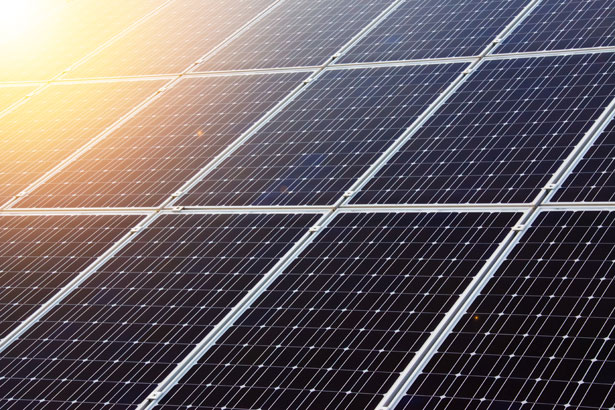
As the demand for sustainable and independent energy sources grows, more and more individuals and families are turning to small scale energy systems. These systems, which range from fully off-grid solutions to grid-tied systems, allow for greater control over energy consumption, lower costs, and reduced dependence on large, centralized power grids.
Off-Grid Energy Systems
Off-grid energy systems are those that operate independent of the traditional power grid. The most common forms of off-grid energy are solar, wind, and hydro.
Solar Energy
Solar energy is a popular choice for off-grid systems because of its versatility and abundance. Solar panels convert sunlight into electricity that can be used to power homes, appliances, and other electrical devices. The ease of installation and relatively low cost make solar energy a popular choice for homesteaders and off-grid living.
Wind Energy
Wind energy involves harnessing the power of wind through turbines to generate electricity. While wind energy can be a cost-effective and sustainable solution for some areas, it requires consistent wind speeds and access to open land, making it less practical for many homesteaders.
Hydro Energy
Hydro energy involves harnessing the power of moving water to generate electricity. This form of energy is most practical in areas with fast-moving waterways and can be a cost-effective solution for homesteaders with access to these resources.
Implementing Off-Grid Energy Systems
Implementing an off-grid energy system can be relatively easy or difficult depending on the resources and skills available. For those without prior experience, it is often best to work with an experienced professional or attend a workshop to learn about the various components, design considerations, and installation procedures. Some homesteaders choose to DIY their energy systems, while others opt for pre-packaged systems that can be installed with minimal effort.
Grid-Tied Energy Systems
Grid-tied energy systems are those that are connected to the traditional power grid. These systems allow for the use of traditional grid power when needed, while also allowing for the generation of one’s own energy. This form of energy system is often easier to implement than off-grid systems and is a good choice for those who wish to have a backup energy source but also want access to traditional grid power.
Small Scale Energy Systems Compared to Large Society Grid Energy Systems
Small scale energy systems offer several advantages over traditional grid energy systems. These include greater control over energy consumption, lower costs, and reduced dependence on large, centralized power grids. However, they can also be more difficult to implement and require a greater investment of time and resources.
Conclusion
For those looking to reduce their dependence on traditional grid energy and gain greater control over their energy consumption, small scale energy systems are an excellent option. Whether choosing an off-grid or grid-tied system, it is important to carefully consider the resources, skills, and investment required to ensure success. With the right knowledge, tools, and resources, homesteaders and off-grid living enthusiasts can enjoy the benefits of sustainable and independent energy for years to come.